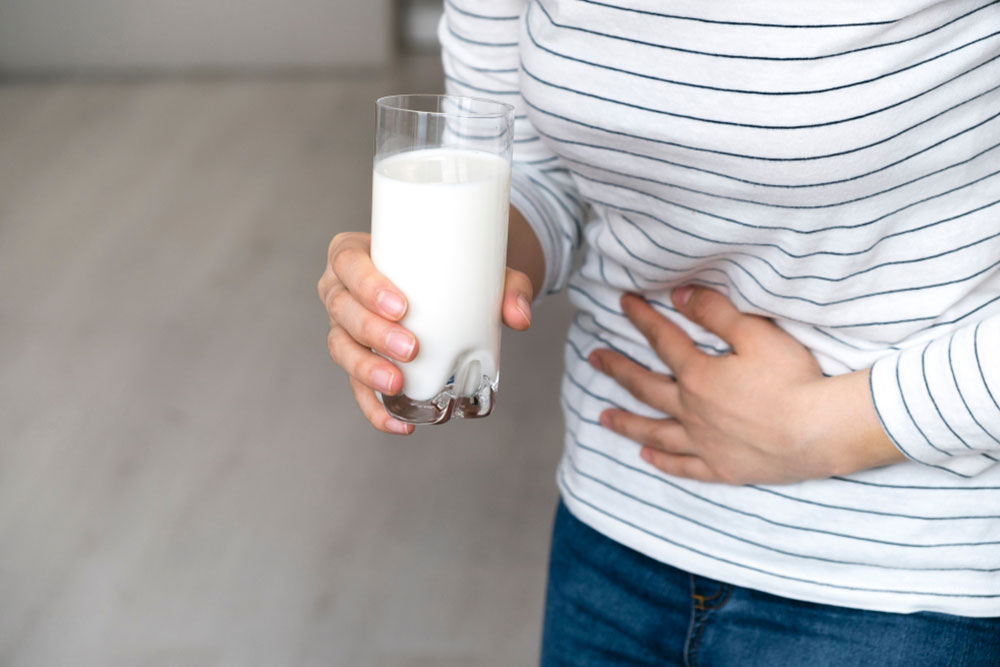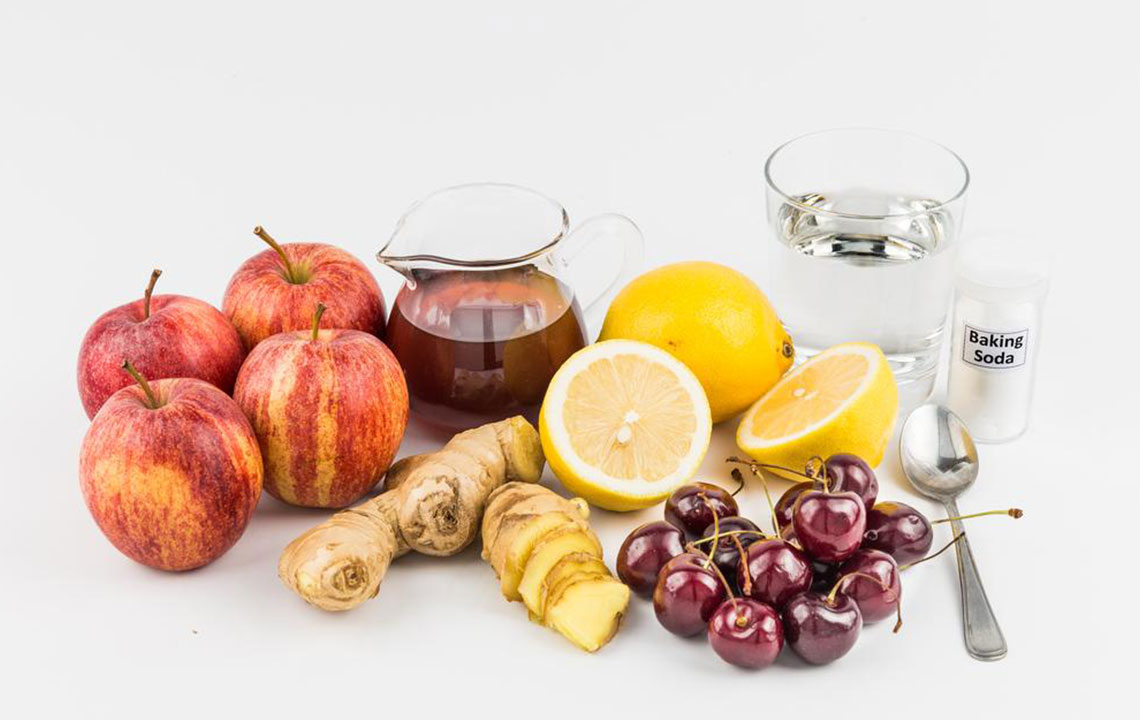Comprehensive Dietary Approaches to Relieve Constipation Naturally
This comprehensive guide explores effective dietary strategies to naturally relieve constipation. Emphasizing hydration, fiber-rich foods, and healthy eating habits, it offers practical advice for immediate relief and long-term digestive health. Learn about the causes of constipation and how to incorporate nutritious foods like fruits, vegetables, nuts, and grains into your diet for better bowel movements and overall well-being.

Effective Nutritional Strategies for Alleviating Constipation
Constipation is a prevalent digestive issue characterized by infrequent or difficult bowel movements, leading to discomfort and sometimes severe health concerns. Although it affects a wide demographic, many individuals remain unaware of the most effective dietary methods to manage and resolve this condition. Understanding the underlying causes of constipation and incorporating specific foods into your diet can make a significant difference in improving gut health and promoting regularity. This comprehensive guide delves into the main food groups that support healthy digestion, explores common causes of constipation, and provides practical dietary recommendations for both immediate relief and long-term prevention.
Understanding Constipation
Constipation is generally defined as fewer than three bowel movements per week, accompanied by difficulty passing stool or a feeling of incomplete evacuation. Symptoms can range from mild discomfort to debilitating pain, impacting overall quality of life. While occasional constipation is common and often resolves spontaneously, persistent or severe cases may require targeted dietary and lifestyle interventions. It's essential to recognize that constipation can affect people of all ages but is especially prevalent among young adults and older populations.
Common Causes Behind Constipation
Identifying the root causes of constipation is vital for effective management. Several factors contribute to irregular bowel movements, including dietary habits, lifestyle choices, and underlying health conditions. Recognizing these causes helps tailor dietary strategies for optimal results. Some typical reasons for constipation include:
Sudden changes in diet or activity levels
Sedentary lifestyle with minimal physical activity
Neglecting natural urges to defecate
Chronic stress and mental health issues
Overuse or dependence on laxatives
Use of medications such as opioids, antidepressants, or supplements
Medical conditions like irritable bowel syndrome (IBS), hypothyroidism, or neurological disorders
Pregnancy-related hormonal changes and physical pressure on the intestines
Aging, which naturally slows down gastrointestinal motility
Diet high in fats and simple carbohydrates that hinder digestion
Other health disorders impacting bowel function
Understanding these factors can help in developing an effective dietary plan and lifestyle modifications to combat chronic constipation effectively.
Managing constipation through dietary adjustments is often a simple yet powerful approach. By incorporating specific foods that promote bowel regularity, individuals can significantly reduce discomfort and enhance their overall digestive health. These dietary strategies not only provide immediate relief but also serve as preventive measures for future episodes.
Foods That Promote Bowel Movements and Relieve Constipation
Hydration: The Foundation of Digestive Health
Adequate hydration is fundamental for maintaining healthy bowel movements. Drinking at least 67 ounces (about 2 liters) of water daily helps soften stool, making it easier to pass through the digestive tract. Proper hydration also stimulates intestinal contractions, promoting regularity and reducing the risk of constipation. Beyond plain water, herbal teas and water-rich fruits and vegetables can contribute to overall hydration levels.
High-Fiber Foods: The Key to Healthy Digestion
Dietary fiber increases stool bulk and accelerates intestinal transit. The daily fiber intake varies based on age and gender. Women aged 31-50 require about 0.05 pounds (approximately 23 grams) of fiber daily, while men need around 0.08 pounds (about 38 grams). For older adults, these numbers decrease slightly. Incorporating fiber-rich foods gradually helps prevent bloating and discomfort. Excellent sources include apples, prunes, kiwifruit, pears, oats, and whole grains.
Citrus Fruits: Natural Digestive Aids
Oranges, grapefruits, and other citrus fruits are rich in dietary fiber, vitamin C, and flavonoids. They support digestion, reduce inflammation, and promote healthy gut bacteria. Regular consumption of oranges can significantly aid in alleviating constipation due to their high fiber content and digestive enzymes.
Leafy Greens and Vegetables
Cooking and consuming leafy greens like spinach and Brussels sprouts provide an abundant source of fiber, vitamins, and minerals. These vegetables contribute to increasing stool bulk and stimulating intestinal motility. Incorporating them into meals such as salads, stir-fries, or pasta enhances dietary fiber intake and promotes overall digestive health.
Broccoli and Cruciferous Vegetables
Broccoli is a nutrient-packed vegetable offering fiber, vitamins C and K, folate, and antioxidants. It supports gut health and aids in regular bowel movements. Adding a cup of cooked broccoli to your daily diet can help alleviate constipation symptoms effectively.
Nuts, Berries, and Dried Fruits
Foods like almonds, walnuts, pistachios, and peanuts are fiber-dense and rich in healthy fats, which help lubricate the intestines. Dried fruits such as prunes, figs, and apricots are well-known for their natural laxative properties. Including a handful of nuts or a small portion of dried fruit daily can significantly improve bowel regularity and comfort.
Incorporating these foods into your everyday diet can lead to noticeable improvements in bowel movements. However, if constipation persists despite these dietary adjustments, consulting a healthcare professional is essential to rule out underlying health issues and explore other treatment options.





